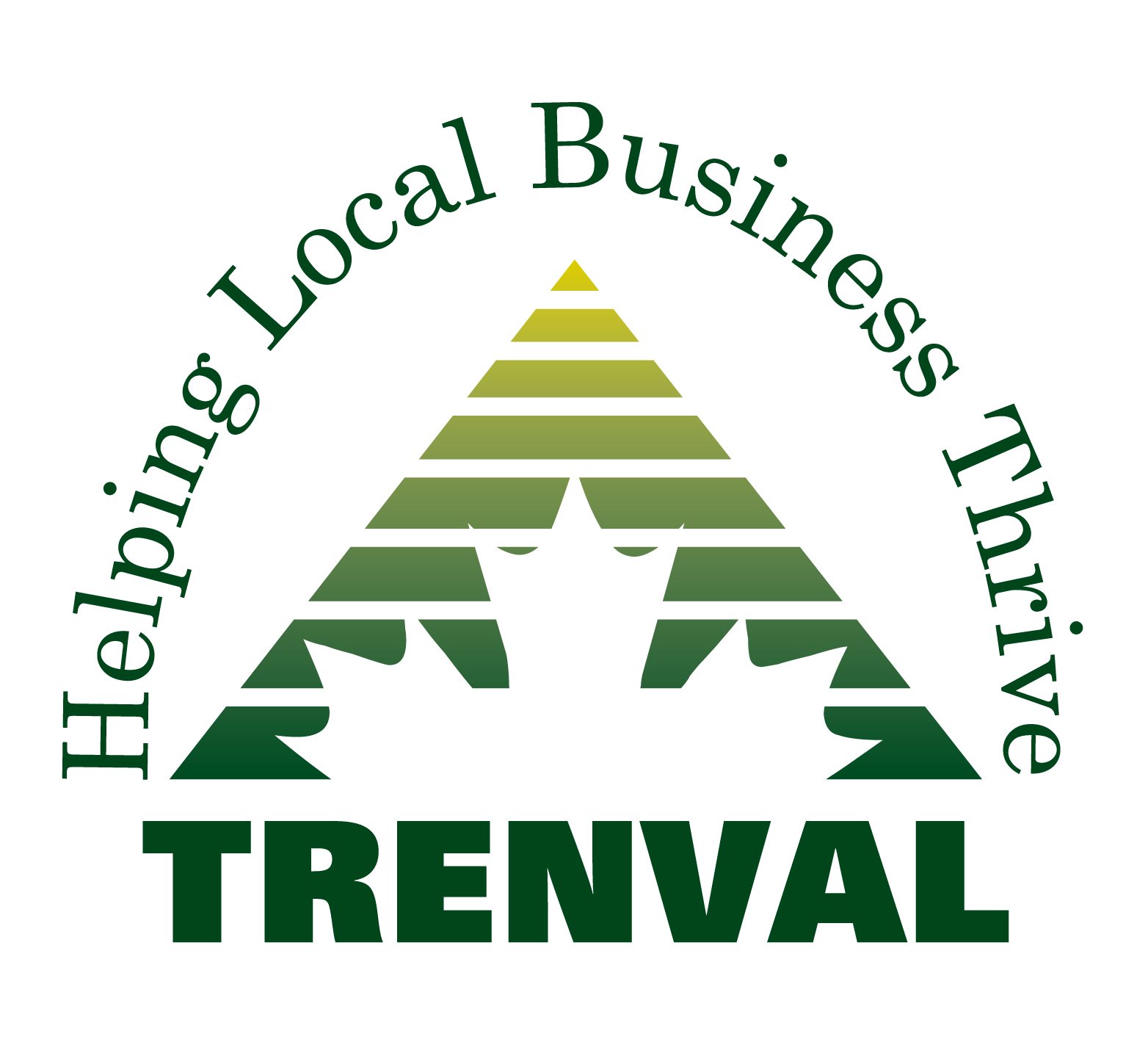.png)
8 Accounting Home Truths
Keeping good accounts makes sense even if you’re a home-based business or small enterprise. The problem is that many small business owners who can’t afford an employee to handle their finances, nor hire an accounting firm, often overlook some of the basic accounting principles. Here are some often forgotten home truths about business accounting.
- Keep your personal and business finances separate to keep things straight when it comes to tax time. Don’t confuse yourself more by trying to mix the two together. Without question, keep separate bank accounts.
- Keep track of all your business transactions - especially revenues, accounts receivables (all the money owed to you), and accounts payables (all the money you owe to suppliers etc.). If you can check these easily at any time, you will know whether you are making a profit or a loss. Don’t be a shoebox bookkeeper.
- When you send out invoices, always keep copies in case the originals get lost. If you are using computer software, make sure you back up all of your files so that you have a copy in case something unforeseen should happen.
- Balance the books continuously. Don’t wait for several transactions to occur and then decide to balance them. Some business owners put it off, by which time the task seems insurmountable.
- Be sure to check your financial statements often to determine where you’re spending too much or too little. Knowing your financial situation will allow you to see ways to cut costs, and chase old accounts receivables.
- Check in with the CRA (Canada Revenue Agency) website on a regular basis so that you are up to date with tax laws and regulations. Don’t wait until tax time to check them out. There may be something you can do now that would help you save money when it’s time to file your taxes.
- While you are on the CRA’s website, make sure you research all the possible tax deductions you can use in your business. Some items are deductible in full, while others take depreciation into account. Also, remember the tax strategy will be different for small businesses operating out of the home, versus brick and mortar businesses that are independent from the household. The same goes for proprietorships versus incorporated companies.
- Take a look at the range of accounting software available to small businesses. A good program can keep track of all your information in one place - and all you have to do is type in the base information; it does the calculating for you. Most accountants use these programs anyway, so why not do it yourself?
Although an accountant will take away some of the hassle, doing your own books has the distinct advantage of allowing you to be hands-on with regard to the financial status of your company at any given moment. That can be invaluable, especially in the early days of a business.
About Trenval
Trenval Business Development Corporation is Bay of Quinte’s Community Futures Business Specialist, financing business start-ups, expansions or successions in the Quinte region for 35 years. Trenval can help with small business support including small business funding and small business loans.
